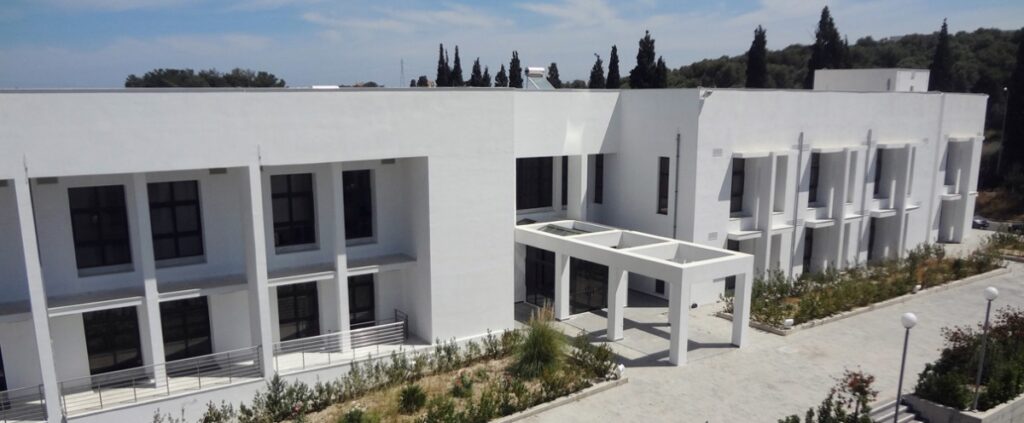
Throughout history, humans have continuously adapted to their surrounding environment, in order to survive, but also improve their quality of life. Today, Ambient Intelligence (AmI) technologies have the potential to create “intelligent” environments, able to proactively adapt to humans, as well as serve their needs and goals, in various activities of everyday life.
Ambient Intelligence technologies integrate sensing capabilities, processing power, reasoning mechanisms, networking facilities, applications and services, digital content, and actuating capabilities distributed in the surrounding environment. While a wide variety of different technologies is involved, the goal of AmI is to either entirely hide their presence from users or to smoothly integrate them within the surrounding context as enhanced environment artifacts, rather than as technological gadgets.
The underlying vision is to improve the quality of life of people through the creation and provision of safe, efficient and user-friendly AmI technologies, which support and cater to the needs of each and every individual user in a seamless, unobtrusive and invisible way.
The ICS-FORTH Ambient Intelligence (AmI) Programme is a long-term horizontal interdisciplinary RTD Programme aiming to develop and apply pioneering human-centric AmI technologies and Smart Environments.
The Programme constitutes a platform for cooperative research towards developing and studying AmI-related technologies and assessing their impact upon the individual, as well as upon society as a whole, but also as a unique showcase for demonstrating the potential, added-value and benefits of AmI technologies in different aspects of everyday life and activities. The AmI Programme builds on the scientific know-how and technical expertise of ICS-FORTH in a number of contributing critical domains such as Human-Computer Interaction, Universal Access, Computational Vision, Artificial Intelligence, Semantic-based Knowledge Systems, Robotics, Networks and Telecommunications, Distributed Systems, Microelectronics, etc.
The activities of the AmI Programme include the creation of small-scale experimental AmI spaces, a new facility for R&D in AmI technologies, applied and basic research in AmI technologies, development of integrated pilot solutions in laboratory environment (in vitro), technology transfer and application in real settings (in vivo).
Research and development work follows a human-centred approach, and addresses various everyday living environments and activities, including but not limited to:
Last but not least, AmI Programme seeks to develop multidisciplinary research and promote collaboration with other research and academic organizations around the world working in this area.